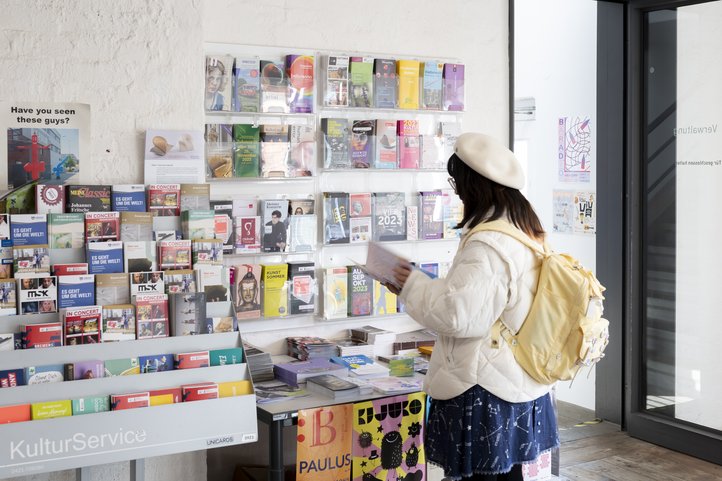Press release by the Senator for the Environment, Climate and Science
Research operations in laboratories are very energy-intensive. Ventilation in particular consumes energy, but is extremely important for a healthy working environment. As part of the BreGoS cooperation, the universities in the state of Bremen are working together to make laboratory operations more efficient and therefore more climate-friendly. Today (November 25th, 2024), the participants met for the first time to discuss specific measures.
Kathrin Moosdorf, Senator for the Environment, Climate and Science, commented: "The BreGoS competence network demonstrates this: Cross-university and cross-professional co-operation promotes learning from each other. Scientific and technical staff are pulling together in the field of climate protection to find solutions in an area with great potential for savings. Solutions that are also transferable to other research institutions." BreGoS stands for "Bremen goes sustainable" and is an association of Bremen's universities. As a network, they pursue the goal of developing and implementing more climate-friendly solutions for everyday university life.
This first cross-university exchange of experience on the topic of climate-friendly laboratories took place at the Max Planck Institute for Marine Microbiology in Bremen. Scientists and specialists from the fields of building technology and occupational safety gathered here. For example, the focus was on adapting the ventilation to the needs of the laboratory. Andreas Fouquet, Technical Director of Building Services Engineering at the Max Planck Institute for Marine Microbiology in Bremen, provided specific implementation concepts for this: "We have been operating our laboratories with adapted technology and optimised controls for years. There are numerous possibilities that we now want to roll out together for the various laboratories. Although more sustainable laboratory operation in existing buildings is a much greater challenge than in new buildings, it is still feasible."
For Prof. Dr. Marko Rohlfs from the University of Bremen, coordinator of the BreGoS project, the event was the prelude to entering into a more in-depth practical level and exchange with the network partners. The development of a sustainable laboratory was deliberately chosen as a joint project. "Our aim is to significantly reduce costs and CO2 emissions while maintaining laboratory safety."
Background
Since the beginning of 2023, all of Bremen's universities - the University of Bremen, the City University of Applied Science of Bremen and Bremerhaven as well as the University of the Arts Bremen - have joined forces as part of the BreGoS project. Their aim is not only to conduct more research into sustainability topics such as biodiversity, climate protection, mobility and resource conservation in the future, but also to act accordingly together. One important approach is to switch to sustainable laboratory operations.
The BreGoS network is funded as part of the BMBF funding programme Sustainability in Science - Transformation Paths for Sustainable Universities as a joint project.
